As a member of Sporting Pride, Debbie Hickey is in charge of events, graphic design, photo and video.Aiming to be one of the most inclusive and diverse sporting communities in the world, Sporting Pride has spent the last five years working to encourage the LGBTQ+ community to get active.
The organisation also promotes the positive benefits of fitness and exercise to one’s physical and mental well-being. “We believe that sport and the benefits it brings should be for everyone and neither sexual orientation nor gender identity should be a barrier to participation,” explains Debbie.
Debbie’s Story
It was during the Yes Equality Campaign in 2015 that Debbie first became an advocate for equality. She was the campaign co-ordinator for Thurles at the time. “I’ve been a group facilitator volunteering with workshops for LGBT+ community in Tipperary for many years also, and on the sports side of things I’m involved in a variety of sports including soccer, tennis, hockey and water sports,” she says. She has participated in many LGBTQ+ sports tournaments with Pink Ladies Hockey Club. They have played nationally and internationally in London, Stockholm and Berlin.
“I first became involved in Sporting Pride when I went along to their AGM in Cork. I went as a representative of LINC (Lesbian & Bisexual Women in Ireland) Soccer Club. I got chatting to a few members and they said they were looking for new people to come on board the committee,” Debbie explains.
Inclusive community
Joining a new club can cause anxiety for anybody – not just within the LGBTQ+ community. “I think if you’re not super at a particular sport, or if you haven’t played in a while, you’ll always feel a bit anxious about joining a new club,” Debbie explains.
As a result of Sporting Ireland’s inclusivity and supportive community, Debbie herself has become more involved in sports such as soccer, frontrunners, hockey, tennis and water sports.
Sporting Pride’s Origin
Sporting Pride first started in 2017 when some of the founding committee members co-ordinated the first “Team Ireland” to participate in the tournament, Gay Games 10 in Paris, France in August 2018. As a result of Sporting Pride’s success at these games, the group was officially established in late 2018. 130 participants from all over the world came to represent Team Ireland in 15 sports.
“After Paris, our founding members agreed that there was a gap in Irish sport as sports bodies didn’t know how to engage with the LGBTQ+ community – so Sporting Pride was set up to act as a conduit between the LGBTQ+ community and the key stakeholders, including Sport Ireland, the 60+ National Governing Bodies (NGBs), the 29 Local Sports Partnerships (LSPs) and the 20 plus third-level institutions,” Debbie says.
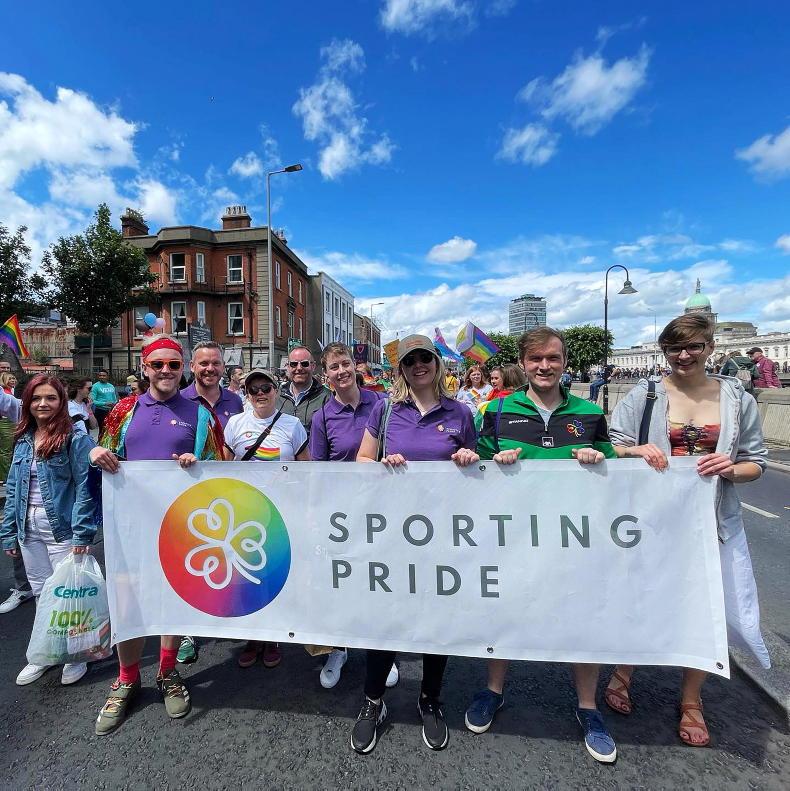
“Unfortunately, we’ve seen there can be huge discrimination and bullying in sports [particularly within the LGBTQ+ community], so sometimes people leave and don’t have any desire to return – at Sporting Pride we’re trying to change that narrative,” she adds.
Worrying Statistics
Research has shown that 55% of LGBTQ+ men and 56% of LGBTQ+ women are not active enough to maintain good health, compared with 33% and 45% respectively of the general public. Many members of the LGBTQ+ community have shunned sports and exercise as they didn’t feel welcome in these environments.
“Sporting Pride’s #LetsGetVisible campaign helps showcase the important of fitness and exercise to one’s physical and mental wellbeing, as well as offering opportunities to meet like-minded people in a relaxed, welcoming environment,” says Debbie.
“Participation rates in sports by the LGBTQI+ community appear to be or are below the national average. Homophobia, biphobia, transphobia, societal pressure and concerns around ‘coming out’ all contribute to a decline in participation among late teens and older LGBTQ+ people and work is needed to improve rates,” she adds. Sporting Pride aims to involve more of the LGBTQ+ community in sport through competition and promotion.
Sometimes, members of the LGBTQ+ community feel less accepted in sports in rural areas than urban. However, Debbie says these feelings occur right across the board. “If you don’t feel safe in a space, be it rural or urban, you won’t want to play the sport for fear of being bullied.”
#LetsGetVisible
This year as part of Pride Month, Sporting Pride will be relaunching their #LetsGetVisible campaign. The project aims to showcase the existing LGBTQI+ sports clubs around the country and encourage new ones to be set up.
“Increasing the visibility of these sports clubs is vital as many ‘closeted’ Irish people who play sport are unaware of their existence. Knowing that there are people like you, who are interested in physical activity, can help reduce the sense of isolation many LGBTQI+ people feel when they are coming to terms with their sexuality.”
Using the medium of sport, fitness and exercise to create safe, welcoming, non-judgemental spaces for those who are feeling alone and isolated is a hugely important sub-objective of the #LetsGetVisible campaign.
Over 30 clubs are listed with Sporting Pride, which are available on the website and flyers. Everyone is welcome and the clubs are always looking for new members.
www.sportingpride.ie
Read more
Salmon of knowledge: are fish farms to blame for lower wild salmon numbers?
Some blooming good ideas for your summer garden
As a member of Sporting Pride, Debbie Hickey is in charge of events, graphic design, photo and video.Aiming to be one of the most inclusive and diverse sporting communities in the world, Sporting Pride has spent the last five years working to encourage the LGBTQ+ community to get active.
The organisation also promotes the positive benefits of fitness and exercise to one’s physical and mental well-being. “We believe that sport and the benefits it brings should be for everyone and neither sexual orientation nor gender identity should be a barrier to participation,” explains Debbie.
Debbie’s Story
It was during the Yes Equality Campaign in 2015 that Debbie first became an advocate for equality. She was the campaign co-ordinator for Thurles at the time. “I’ve been a group facilitator volunteering with workshops for LGBT+ community in Tipperary for many years also, and on the sports side of things I’m involved in a variety of sports including soccer, tennis, hockey and water sports,” she says. She has participated in many LGBTQ+ sports tournaments with Pink Ladies Hockey Club. They have played nationally and internationally in London, Stockholm and Berlin.
“I first became involved in Sporting Pride when I went along to their AGM in Cork. I went as a representative of LINC (Lesbian & Bisexual Women in Ireland) Soccer Club. I got chatting to a few members and they said they were looking for new people to come on board the committee,” Debbie explains.
Inclusive community
Joining a new club can cause anxiety for anybody – not just within the LGBTQ+ community. “I think if you’re not super at a particular sport, or if you haven’t played in a while, you’ll always feel a bit anxious about joining a new club,” Debbie explains.
As a result of Sporting Ireland’s inclusivity and supportive community, Debbie herself has become more involved in sports such as soccer, frontrunners, hockey, tennis and water sports.
Sporting Pride’s Origin
Sporting Pride first started in 2017 when some of the founding committee members co-ordinated the first “Team Ireland” to participate in the tournament, Gay Games 10 in Paris, France in August 2018. As a result of Sporting Pride’s success at these games, the group was officially established in late 2018. 130 participants from all over the world came to represent Team Ireland in 15 sports.
“After Paris, our founding members agreed that there was a gap in Irish sport as sports bodies didn’t know how to engage with the LGBTQ+ community – so Sporting Pride was set up to act as a conduit between the LGBTQ+ community and the key stakeholders, including Sport Ireland, the 60+ National Governing Bodies (NGBs), the 29 Local Sports Partnerships (LSPs) and the 20 plus third-level institutions,” Debbie says.

“Unfortunately, we’ve seen there can be huge discrimination and bullying in sports [particularly within the LGBTQ+ community], so sometimes people leave and don’t have any desire to return – at Sporting Pride we’re trying to change that narrative,” she adds.
Worrying Statistics
Research has shown that 55% of LGBTQ+ men and 56% of LGBTQ+ women are not active enough to maintain good health, compared with 33% and 45% respectively of the general public. Many members of the LGBTQ+ community have shunned sports and exercise as they didn’t feel welcome in these environments.
“Sporting Pride’s #LetsGetVisible campaign helps showcase the important of fitness and exercise to one’s physical and mental wellbeing, as well as offering opportunities to meet like-minded people in a relaxed, welcoming environment,” says Debbie.
“Participation rates in sports by the LGBTQI+ community appear to be or are below the national average. Homophobia, biphobia, transphobia, societal pressure and concerns around ‘coming out’ all contribute to a decline in participation among late teens and older LGBTQ+ people and work is needed to improve rates,” she adds. Sporting Pride aims to involve more of the LGBTQ+ community in sport through competition and promotion.
Sometimes, members of the LGBTQ+ community feel less accepted in sports in rural areas than urban. However, Debbie says these feelings occur right across the board. “If you don’t feel safe in a space, be it rural or urban, you won’t want to play the sport for fear of being bullied.”
#LetsGetVisible
This year as part of Pride Month, Sporting Pride will be relaunching their #LetsGetVisible campaign. The project aims to showcase the existing LGBTQI+ sports clubs around the country and encourage new ones to be set up.
“Increasing the visibility of these sports clubs is vital as many ‘closeted’ Irish people who play sport are unaware of their existence. Knowing that there are people like you, who are interested in physical activity, can help reduce the sense of isolation many LGBTQI+ people feel when they are coming to terms with their sexuality.”
Using the medium of sport, fitness and exercise to create safe, welcoming, non-judgemental spaces for those who are feeling alone and isolated is a hugely important sub-objective of the #LetsGetVisible campaign.
Over 30 clubs are listed with Sporting Pride, which are available on the website and flyers. Everyone is welcome and the clubs are always looking for new members.
www.sportingpride.ie
Read more
Salmon of knowledge: are fish farms to blame for lower wild salmon numbers?
Some blooming good ideas for your summer garden





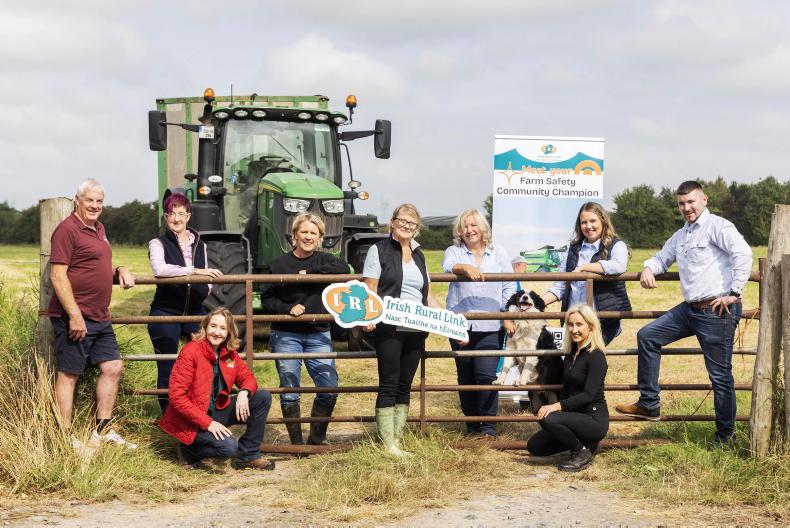
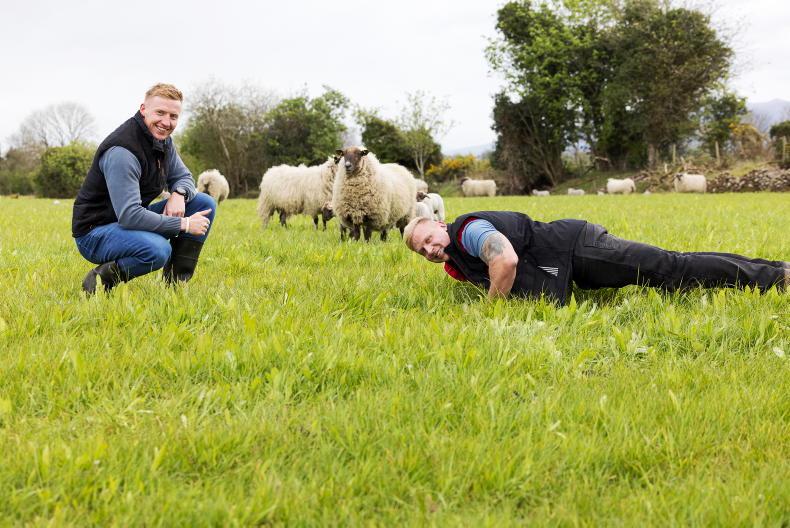
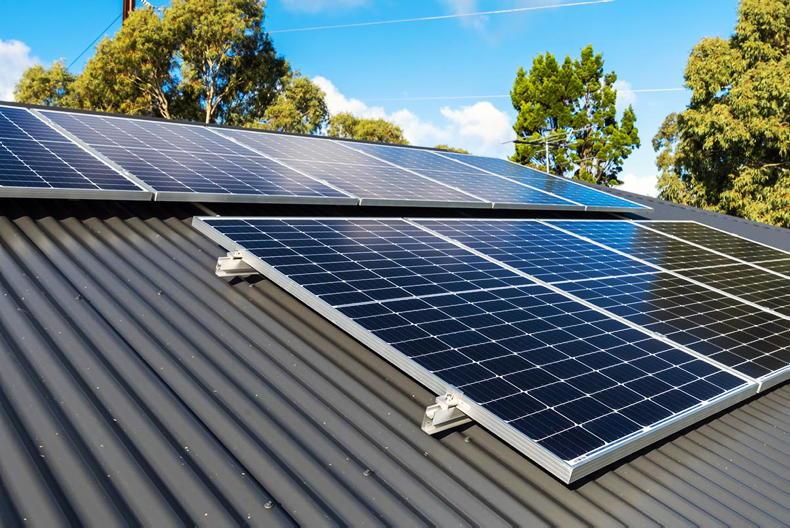
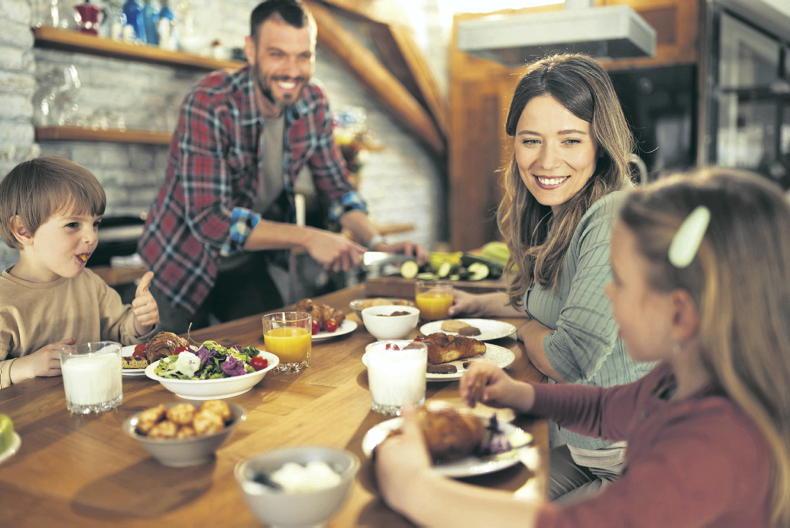
SHARING OPTIONS